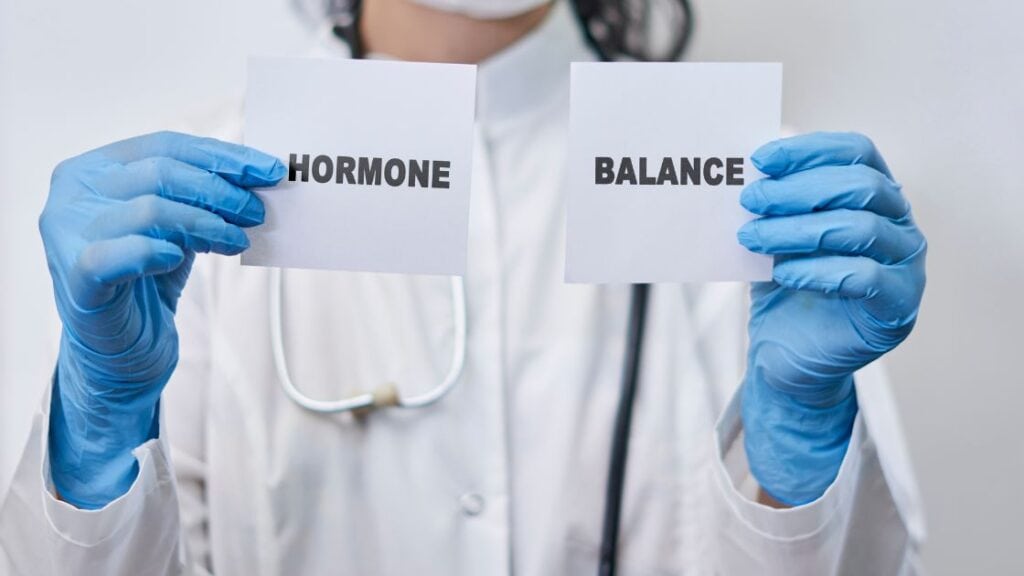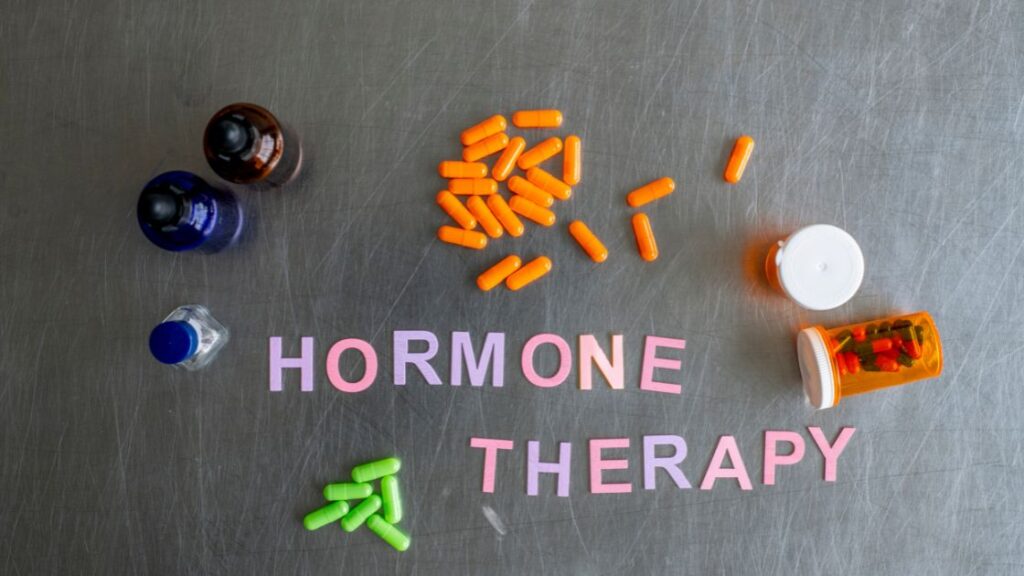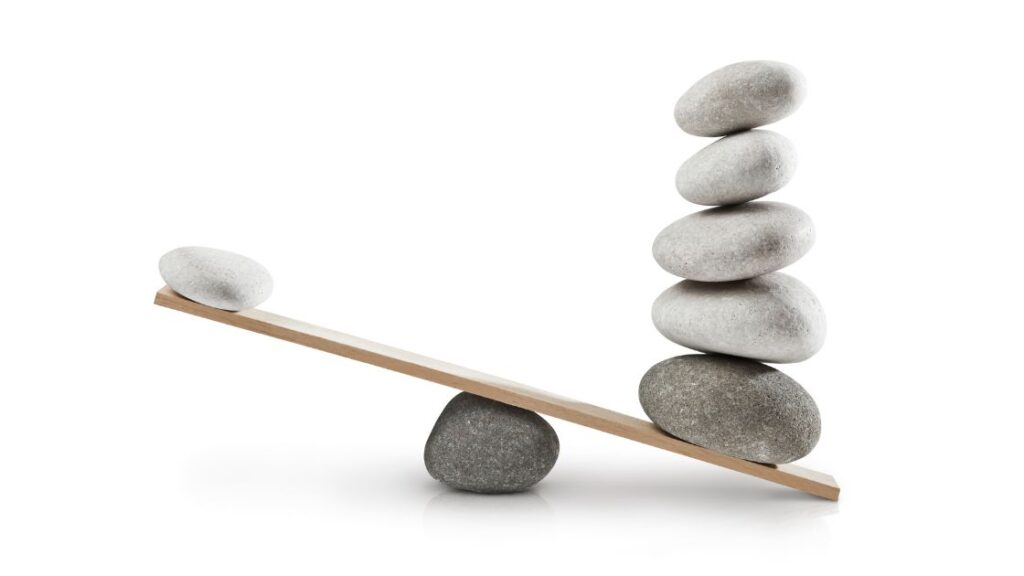Hormones are substances that our bodies make to help control how cells work. That is why hormones are essential to our general health and well-being.
In this blog post, we’ll take a closer look at the impact of hormones on health and the endocrine system and highlight some key points to keep in mind.
So read on and learn about the role hormones play in our lives.
What do hormones do in the endocrine system?
Hormones are essential in regulating many bodily functions, such as digestion and sleep. They play a role in our mood, emotions, and energy levels. Changes in hormone levels can affect our endocrine system and consequently health in many ways.
Being aware of how hormones work and how they can affect our health is essential for a healthy body and mind.
Impact of hormones, what should we know?
Hormones develop an essential role in regulating our thyroid gland and body functions. Hormones are necessary for survival, but some can be harmful if produced in excess. The balance of different hormones throughout the day helps maintain healthy bodily functions.

We can do a few things to keep our hormones in check, like getting enough exercise and eating a balanced diet.
By understanding how hormones work and their impact on our health, we can make the best decisions about our overall well-being.
Effects on the body and mind
Hormones comply an essential role in the endocrine gland. They are responsible for preserving a healthy body and mind by regulating many processes in the body.
An imbalance of hormones can hurt our physical health, moods, and even our bones.
However, talking to your doctor is always the best option for a hormone problem.
When do hormones start to cause problems?
When hormones are in balance, they stimulate the endocrine system to help us keep our bodies functioning optimally. However, when hormones get out of balance, this can lead to several problems in the body. For example, if estrogen levels are high and testosterone levels are low, this can cause weight gain and infertility.
A hormonal imbalance can cause other health problems, including mood swings and increased cancer risk.
Therefore, it is essential to monitor your hormones regularly so that you can identify any problems early on and take appropriate action.
Alternative therapies
Alternative hormone therapy offers numerous solutions to hormone-related problems. Several alternative therapies aim to restore the hormonal balance in the body and treat various conditions, such as endometriosis or problems related to menopause.

Talking with your doctor about what may be best for you is essential. Some treatments can be long-lasting, while others can be given as needed.
Nutrition and exercise
Balancing hormones is essential to maintaining overall health and avoiding disease. You can do many things to improve your hormonal balance; nutrition and exercise are key players here.
For example, eating balanced meals will help regulate blood sugar levels, while regular aerobic exercise helps reduce stress levels and increase energy levels.
How to balance hormones?
Hormones are essential for maintaining health and preventing disease. However, not having them controlled can lead to health problems.
For example, the hormone estrogen levels can increase during pregnancy, leading to many health complications for the mother and the baby.
In this sense, it is important to balance hormonal levels to avoid these problems. There are many ways to do this through lifestyle changes and dietary choices.
Be sure to include a balanced and varied diet with fruits and vegetables. Also, try to get the right amount of exercise and sleep.
This will help balance hormones and promote a healthy mind and body.
Causes of an imbalance in hormones
Our health can have several negative consequences when hormones are out of balance.
For example, hormonal imbalance can lead to reproductive system problems such as infertility or endometriosis.

To keep your hormones in balance, you must attend your regular medical check-up and check that everything is fine.
Several hormone replacement therapies are available that can help restore balance if the levels of certain hormones are not within a healthy range.
Symptoms of hormonal imbalance
A hormone imbalance can cause many health problems. Some of these symptoms include:
- Weight gain or weight loss
- Fatigue
- Muscle aches, tenderness, or stiffness
- Muscle weakness
- Increased or decreased heart rate
- Sensitivity to cold or heat
- Sweating
- Frequent urination
- Increased hunger
- Sexual function disorder
- Increased thirst
- Depression
- Dry skin
- Blurred vision
- Puffy or rounded face
There are various methods to help you achieve hormonal balance, from herbal remedies to supplements.
If you find it challenging to maintain your hormone levels independently, see a health professional for help.
They can guide you through the various options available to you and advise you on the best course of action to balance your hormones effectively.
Types of hormones
The different types of hormones are classified as follows:
- Paracrine: acts on cells neighboring the cell that synthesizes them.
- Steroids: come from cholesterol: androgens, testosterone, progesterone, and estrogen.
- Autocrine: they act only in the area of the cell that synthesizes them.
- Proteins are formed from a chain of amino acids and peptides: insulin and glucagon.
- Lipids: those of lipophilic nature, such as testosterone and cortisol.
- Lipophilic: dissolves in lipids.
- Peptides: they are formed by chains of amino acids, polypeptides, and oligopeptides: vasopressin, insulin, and growth hormone.
- Hydrophilic: dissolves in water.
Our health largely depends on hormones
How hormones impact our health is a topic of much discussion and debate. The truth is that hormones are essential to our health and well-being, but it is important to know how they affect us and how we can restore balance.
When it comes to achieving balance in our hormones, it is important to go to the doctor and complete the corresponding medical tests. Each person must be examined differently since all organisms are not the same.
If you suspect or have questions about how your hormones are working, see your doctor and clear up any concerns you have.
Using Hormones Therapy for Women
Fortunately, hormone therapy can be used to address a variety of hormonal problems.
There are several choices to consider while considering hormone therapy to address women’s symptoms.
Normally, there are four types to consider with your doctor when determining the types, combinations, and dosages that are best for you:
- Bioidentical hormones are hormones exactly like those made by the human body. These hormones include progesterone, testosterone, and estrogens (estrone, estriol, and estradiol).
- While not synthetically produced, hormones from other species are theoretically “natural,” they are not “native” to human women. Premarin, a complicated blend of roughly five estrogens from female horses, is the most popular example of this.
- Synthetic hormones replicate the effects of hormones produced by the female reproductive system in humans. Most women typically tolerate the synthetic estrogens used in birth control pills successfully.
Synthetic hormones were initially developed to produce different estrogens and progestins that stomach acid would not destroy. They would remain in the bloodstream long enough to be useful. - Combination hormonal products contain both synthetic and bioidentical hormones.
More Information Facts About Hormones
- The hypothalamus is in charge of keeping key processes going. regulates blood pressure, body temperature, heart rate, appetite, thirst, and other bodily functions (homeostasis). Release some hormones that cause the body to produce other hormones.
- Testes not only secrete sperm. Male hormones, or androgens, are also found in the testes. Testosterone, which promotes sperm production and male sexual differentiation, is the most significant of these.
- The primary job of the pituitary gland is to control growth, metabolism, and reproduction through the hormones it generates.
- Insulin and glucagon are the primary hormones released by the endocrine gland in the pancreas. These hormones control bloodstream glucose levels and somatostatin, which inhibits the release of glucagon and insulin.
- The adrenal glands produce cortisol, aldosterone, adrenaline, and norepinephrine hormones. They also produce hormones that your body uses to produce sex hormones (estrogen and testosterone). All these hormones perform many important functions in the body.
- Estrogen and progesterone, two female sex hormones, are produced by the ovaries. Every month, these hormones get the uterine wall ready to hold and sustain a fertilized egg throughout pregnancy.
- The brain’s tiniest organ, the pineal gland, is where melatonin is produced. The sleep hormone is called melatonin. Also, it goes under the names pineal body and pineal organ.
- Hormones are referred to be chemical compounds that are employed to carry messages from one area of the body to another. These substances serve as messengers and control body metabolism. For this reason, hormones are chemical messengers.
- From the head to the feet, hormones affect bodily functions. Growth and development are two of those processes.
- Hormones and neurotransmitters are similar in that they both operate as chemical messengers. They get in the way of the control of many biological activities.
- If you want to review your hormone levels, visit Endocrinologist. Endocrinologists are medical professionals who focus on identifying and treating illnesses caused by issues with the body’s hormones.
- Hormones function as neuromodulators that control the brain’s response mechanism. Therefore hormones directly influence our emotions and mood.
- A hormone receptor is a protein. The protein receptors act as if they were the cells’ eyes and ears. Hormones and other substances that travel through the circulatory system carry messages instructing the cells on what to perform.
Check your hormones and be healthy
It’s no secret that hormones play an important role in our health and well-being. In this blog, we have discussed what role hormones play and their impact on our bodies. We’ve also highlighted some important things to know about hormones if you’re looking to improve your health. So if you want to keep your body healthy and all under control, going to the doctor and having your hormone levels checked is a very good place to start.

I am a professional health and nutrition writer with extensive experience in the industry. My passion for sharing valuable insights on nutrition and wellness stems from over 15 years of personal training and maintaining a healthy lifestyle. My commitment to continuously educate myself on the latest trends and research in the field allows me to deliver high-quality content that is informative and engaging. My mission is to empower individuals to make informed decisions about their health and well-being through my writing.






